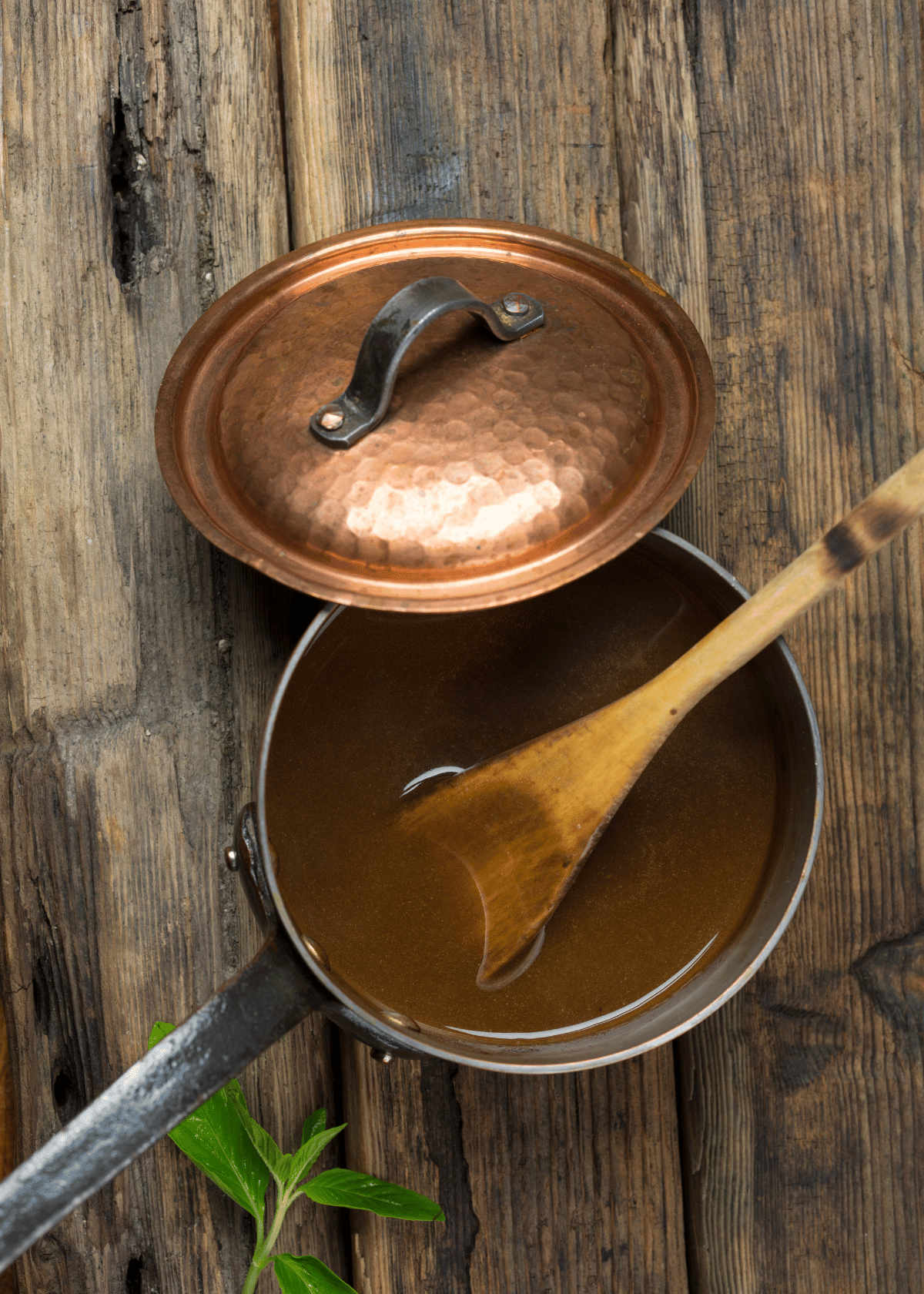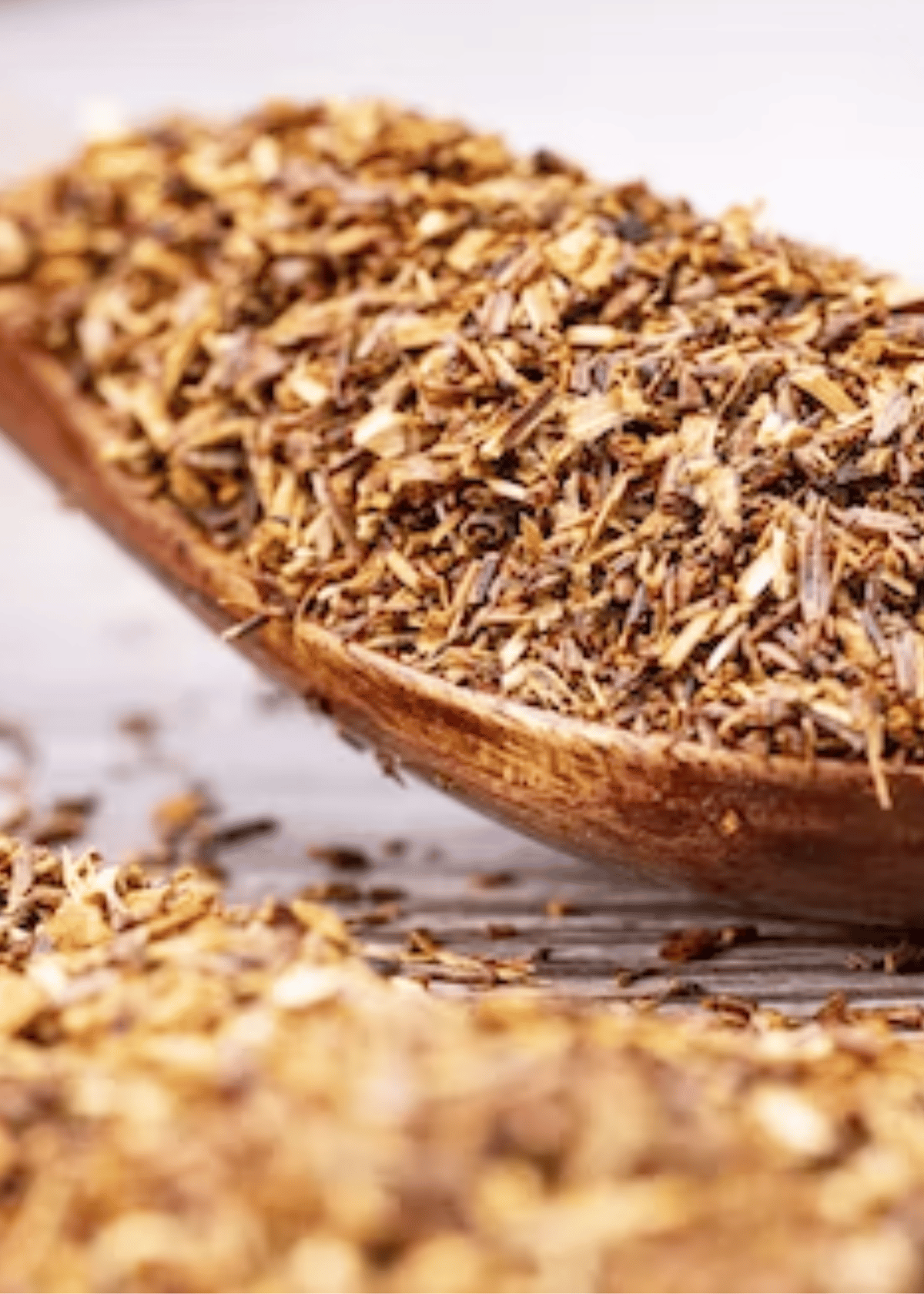As the saying goes, an ounce of prevention is worth a pound of cure. And when it comes to digestive health, there’s no better way to prevent issues than by drinking the right tea. Tea plays an important role in helping you maintain your gut health and regularity. There are specific teas that can help soothe digestion, relieve bloating, and support your overall digestive wellness. Here are six of the best teas for digestion you should consider adding to your daily routine!
Peppermint Tea
Nothing beats peppermint tea for its cooling and calming effect on the digestive system. It helps relax the muscles of the GI tract, relieving symptoms such as gas, cramps, indigestion, and irritable bowel syndrome (IBS). Peppermint tea also has antibacterial properties that can help fight infection. For best results, drink one cup a day after meals or whenever you experience digestive discomfort.
Chamomile Tea
Chamomile tea is known for its soothing effects on the stomach and intestines. It contains compounds that may help reduce inflammation in the gut and promote relaxation in the muscles of the digestive tract, which helps reduce cramping and other forms of digestive discomfort. Drink one cup of chamomile tea before bedtime for best results.
Ginger Tea
Ginger is a powerful anti-inflammatory agent that can help relieve indigestion and other gastrointestinal issues such as gas and bloating. Soothing the stomach and aid digestion by stimulating bile production in the liver, aiding in fat digestion. To make ginger tea, steep freshly chopped ginger root or powdered ginger in hot water for at least 10 minutes before drinking it up! Drink one cup per day for best results.
Licorice Root Tea
Licorice root is known for its ability to soothe inflammation in the gastrointestinal tract and promote digestion by increasing production of gastric juices and bile acids. Licorice root tea can help alleviate symptoms such as gas, bloating, indigestion, heartburn, nausea and constipation. Steep 1 teaspoon of licorice root powder (or 2 teaspoons if using fresh root) in 8 ounces of hot water for at least 10 minutes before drinking it up! Drink one cup per day for best results.
Green Tea
Green tea is a great choice for promoting digestive health due to its many beneficial compounds and nutrients. These include antioxidants, which help reduce inflammation in the gut, as well as caffeine and catechins, which can speed up digestion by stimulating bile production.
To make green tea, simply steep one teaspoon of green tea leaves or powder in 8 ounces of hot water for a few minutes before drinking. You can drink green tea up to several times per day to support your digestion and overall health. Just be sure to avoid adding any sweeteners or other additives, which may interfere with its digestive benefits.
Dandelion Root Tea
Dandelion root tea provides digestive benefits due to its high nutritive concentration. This natural ingredient is rich in probiotics, vitamins and minerals that aid digestive health as well as gut health. It helps to regulate digestive system functions and can assist with digestion and other associated conditions, including indigestion, irritable bowel syndrome (IBS), constipation, and bloating.
To make a cup of dandelion root herbal tea, boil one cup of water then add 1-2 teaspoons of dried dandelion root. Let the mixture steep for 8-10 minutes before straining the liquid into a mug or teacup. One should drink no more than two cups per day as high doses may cause adverse reactions such as dizziness, diarrhea, and vomiting. Overall, if consumed correctly dandelion root tea can help improve digestive health by providing necessary nutrients that promote healthy gut flora production.
Teas for Digestion FAQs
What should I eat if I have stomach upset?
If you have stomach upset, you should eat bland, low-fat foods. Foods that are easy to digest, such as boiled potatoes, toast, rice, crackers and soup are a good option. You should avoid spicy or fatty foods. Also, drink plenty of fluids to stay hydrated.
What shouldn't I eat if I have stomach upset?
If you have stomach upset, you should avoid eating foods that are high in fat, because they take a long time to digest and can worsen your symptoms.
You should also avoid eating spicy foods, as well as acidic and fermentable foods like tomatoes, onions, and garlic. These foods can aggravate your stomach and cause discomfort. Finally, you should avoid drinking carbonated beverages or alcohol, both of which can irritate your stomach lining.
When should I see a doctor for stomach upset?
There are a few general guidelines to follow when trying to determine if you need to see a doctor for stomach upset:
- Are you experiencing pain?
- Are you vomiting or having diarrhea?
- Is the issue persisting for more than a day or two?
- Do you have a fever?
- Do you have any other accompanying symptoms, like unusual fatigue or chest pain?
If you answer yes to any of these questions, it's generally advisable to seek medical help. Additionally, if your stomach upset is accompanied by feelings of dizziness, lightheadedness, or fainting, this is also cause for concern and warrants seeing a doctor.
What are some common causes of an upset stomach?
There are many potential causes of stomach upset, such as digestive enzymes, acid reflux, and upset stomach.
Digestive enzymes can sometimes cause stomach upset when they start working on food in the stomach before the food has been properly masticated. This is because the extra work of digesting the food can put stress on the stomach muscles and lead to cramps or discomfort.
Acid reflux is another common cause of stomach upset. When acid from the stomach backs up into the esophagus, it can cause a burning sensation in the chest or throat known as heartburn. If this happens frequently, it can lead to an inflammation of the esophagus known as esophagitis.
Upset stomach can also be caused by certain foods or drinks that are irritating to your system. These might include spicy, greasy, or fried foods; caffeinated beverages; and high-fat dairy products. Additionally, if you are dehydrated, this can affect the functioning of your digestive system and lead to stomach upset.
Conclusion:
Drinking herbal teas is a great way to support your digestive health without taking over-the-counter medications or prescriptions drugs with potentially serious side effects. By incorporating any or all of these six teas into your daily routine you will be giving yourself an extra boost towards better gut health! Be sure to speak with your doctor if you have any questions about how certain teas might interact with existing medications or if you have any chronic conditions that could be affected by adding them into your diet plan!
Related Pages:







